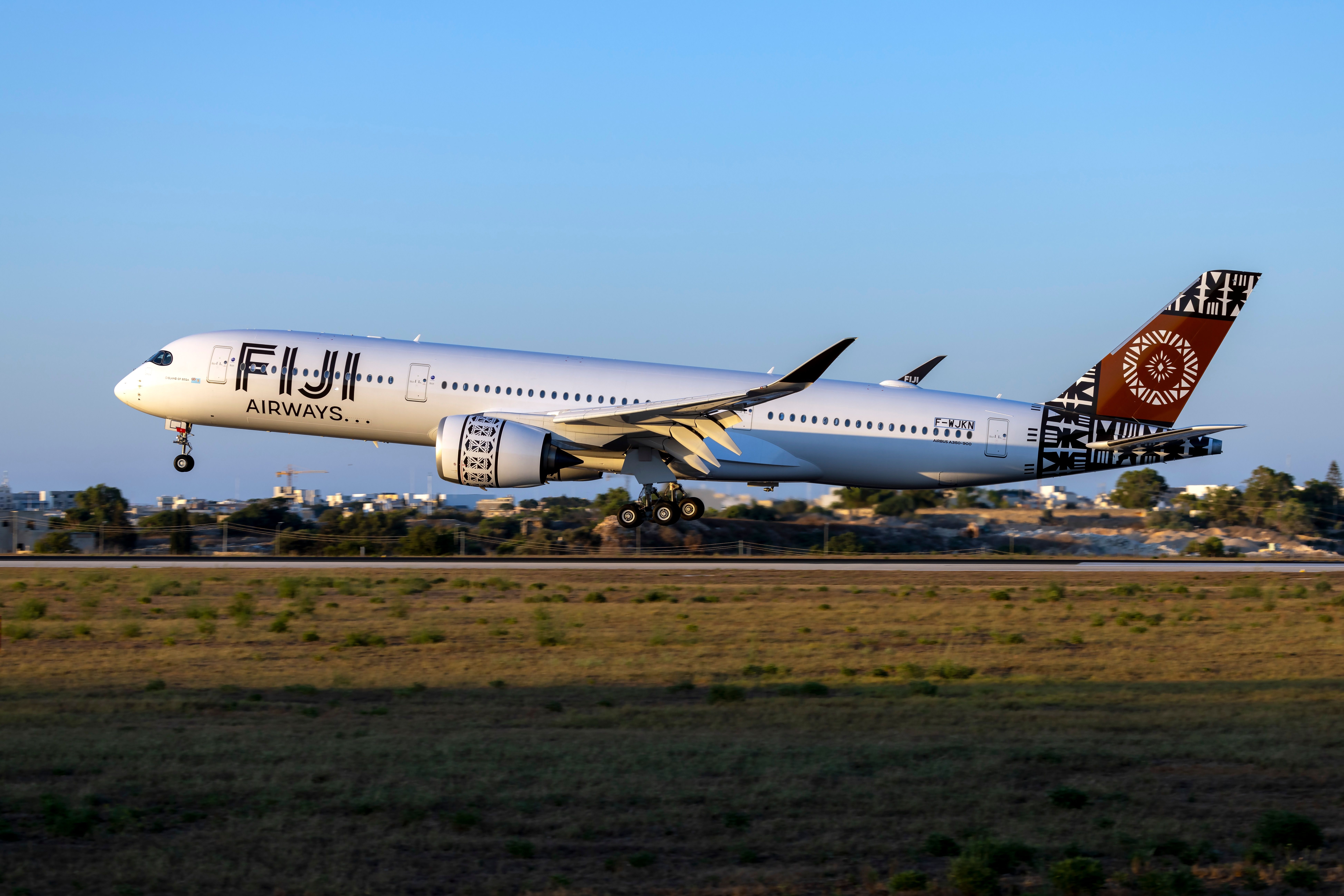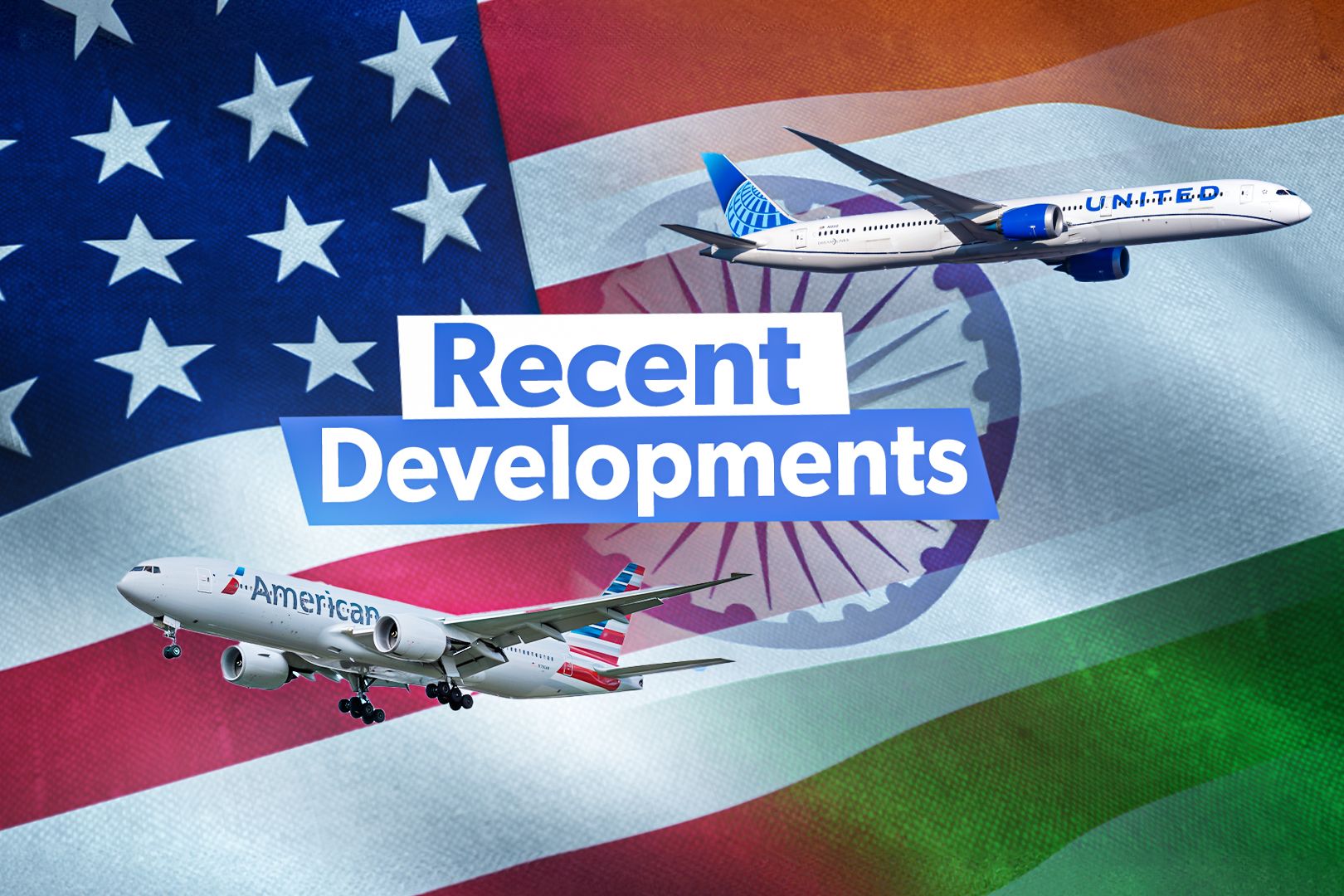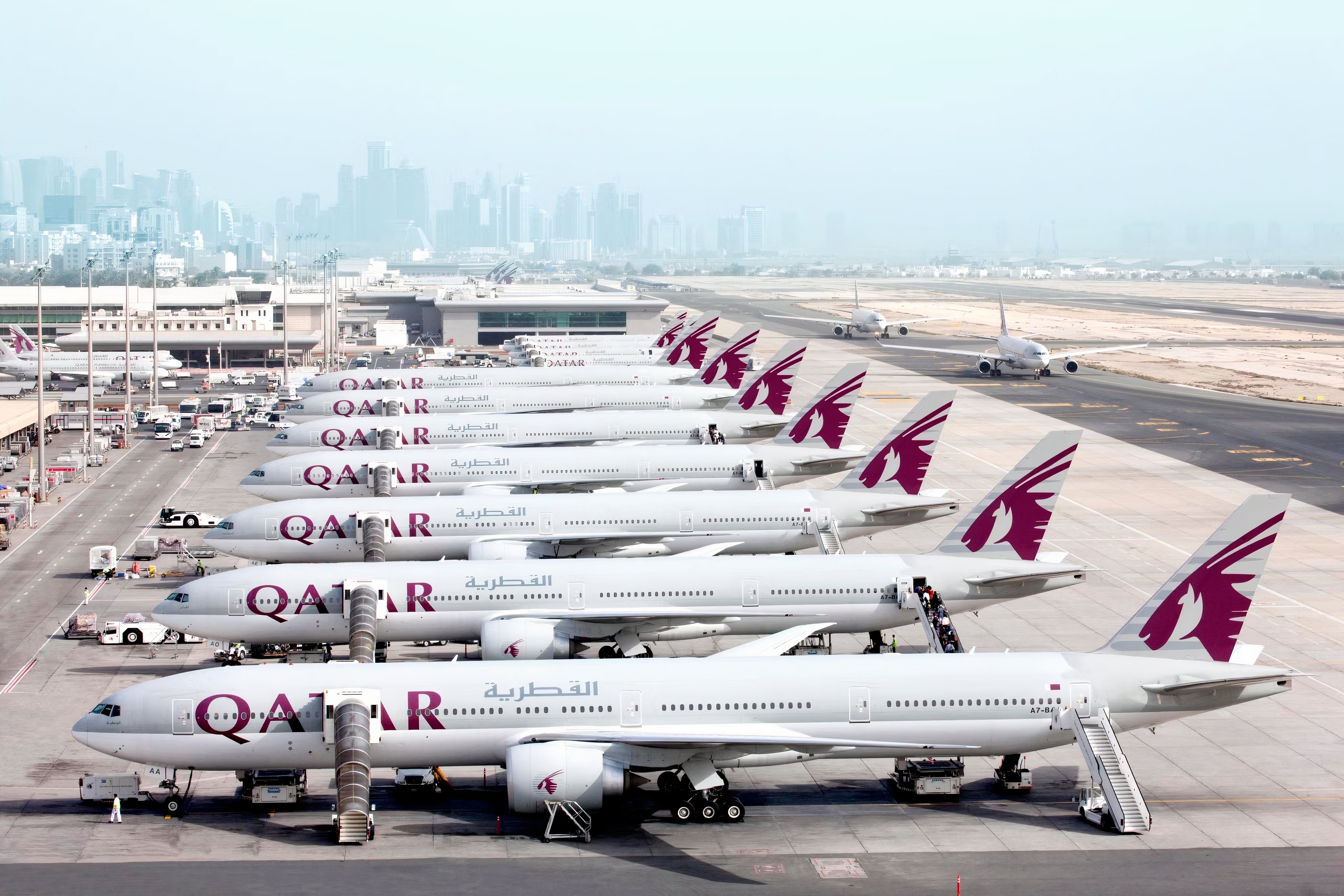Friday, August 23, 2024 Sydney Airport is set to experience major disruptions tomorrow, Friday, 23 August 2024, as plane refuellers go on a 12-hour strike. The industrial action, organized by more than 50 workers from Ampol Aviation, will impact both domestic and international flights, affecting 16 airlines, including Qantas, Virgin Australia, Jetstar, Air New Zealand, Delta, and British Airways. The strike is a result of ongoing disputes over pay disparity and the lack of secure, full-time employment, following six months of unsuccessful negotiations between the workers and Ampol Aviation.
The planned industrial action will take place across three key shifts: from 1:00 AM to 5:00 AM, 7:00 AM to 11:00 AM, and 6:00 PM to 10:00 PM, effectively covering a large portion of the day and targeting peak travel times. These strikes are expected to cause significant delays and cancellations, particularly for longer domestic routes, such as flights to Perth and Darwin, as well as long-haul international flights. Sydney Airport, one of Australia’s busiest travel hubs, has warned travelers to be prepared for potential disruptions and stay alert for updates from their airlines.

Flights from Sydney to major domestic destinations like Melbourne and Brisbane are also likely to be affected, adding to the potential chaos at the airport. In response to the strike, Sydney Airport and Ampol Aviation have announced contingency plans to mitigate the potential disruptions. According to a spokesperson from Sydney Airport, additional staff with the necessary qualifications to refuel planes will be brought in to help maintain operations during the strike.
“Ampol Aviation plans to bring in additional staff who know how to refuel planes to minimize operational disruptions for customers,” the spokesperson said. However, despite these measures, the airport has advised passengers traveling on Friday to stay vigilant and monitor communications from their airlines regarding the status of their flights. While the airport and Ampol are working to reduce the impact of the strike, travelers are still likely to face delays and potential cancellations due to the scale of the industrial action.
The strike by Sydney Airport’s plane refuellers is rooted in a broader dispute over pay and employment conditions. The Transport Workers’ Union (TWU), which represents the refuellers, has stated that the workers are demanding fair pay and secure employment, which they argue are long overdue. Despite their critical role in airport operations and the significant contributions they have made to the post-pandemic recovery of Sydney Airport, the refuellers have been met with resistance from Ampol Aviation.
According to the TWU, the workers have been forced to strike after Ampol claimed that maintaining lower pay levels was crucial for retaining airline contracts, particularly with major carriers like Qantas. This argument has been strongly contested by the union, which points to Ampol’s recent financial success as evidence that the company can afford to meet the workers’ demands. Ampol reported profits exceeding $1.
7 billion, a figure that has further fueled the workers’ frustrations. Richard Olsen, State Secretary for TWU NSW/QLD, has been vocal in his criticism of Ampol’s handling of the situation. “Ampol’s refusal to address their reasonable requests has left them with no choice but to take action.
In an industry where profits are soaring, it’s unacceptable that those who keep it running are treated so poorly,” Olsen said. He emphasized that the strike is a last resort for workers who feel that their contributions are undervalued and that their job security is under threat. The strike at Sydney Airport is part of a wider issue within the aviation industry, where workers across various roles have increasingly expressed dissatisfaction with their working conditions.
The TWU has warned that the industry is facing a crisis driven by what it describes as the relentless pursuit of profit at the expense of workers. This has led to growing calls for the establishment of a Safe and Secure Skies Commission, which would be tasked with setting fair standards across the industry and ensuring that all roles, from baggage handlers to pilots, are valued and secure. “The aviation industry is facing a crisis driven by the relentless pursuit of profit at the expense of workers.
We urgently need a Safe and Secure Skies Commission to establish fair standards and ensure that every role, from the baggage room to the cockpit, is valued and secure,” Olsen added. The union believes that without such measures, the industry will continue to face labor disputes and disruptions that could ultimately impact the quality of service for travelers. For travelers passing through Sydney Airport tomorrow, the strike could result in significant inconvenience.
With refuelling being a critical part of flight operations, delays are almost inevitable, particularly for long-haul flights that require more extensive refueling operations. Passengers on flights to destinations such as Perth, Darwin, and various international locations should be prepared for possible schedule changes or even cancellations. Sydney Airport has urged all travelers to check their flight status regularly and stay in close contact with their airlines for the latest updates.
The airport has also recommended that passengers arrive early for their flights, as the strike may lead to longer wait times at check-in and security. Ampol Aviation, the company at the center of the dispute, has defended its stance, arguing that maintaining competitive pay levels is essential for securing airline contracts in a highly competitive market. However, the company has also expressed a willingness to continue negotiations with the TWU in an effort to reach a resolution and avoid further industrial action.
“We understand the concerns of our workers and are committed to finding a solution that balances the needs of our employees with the realities of the market. We remain open to further discussions with the TWU to resolve this dispute,” an Ampol spokesperson said. The company’s stance highlights the delicate balance that businesses must strike between maintaining profitability and ensuring fair treatment for their employees.
As the strike looms, the focus now shifts to what steps can be taken to resolve the dispute and prevent further disruptions. The TWU has indicated that it is open to returning to the negotiating table, provided that Ampol is willing to make meaningful concessions on pay and employment conditions. Meanwhile, Ampol’s emphasis on maintaining competitive pay levels suggests that any resolution may require a compromise that satisfies both the workers’ demands for fair treatment and the company’s need to remain competitive.
The broader implications of the strike could also have a lasting impact on the aviation industry in Australia. If the workers’ demands are met, it could set a precedent for other labor disputes within the industry, potentially leading to more widespread changes in how airline workers are compensated and treated. On the other hand, if the strike fails to achieve its goals, it could signal a continuation of the status quo, with workers facing ongoing challenges in their fight for fair pay and secure employment.
The 12-hour strike by Sydney Airport’s plane refuellers represents a critical moment not only for the airport but also for the broader aviation industry in Australia. As workers take a stand for fair pay and secure employment, the outcome of this dispute could have far-reaching consequences for labor relations within the industry. Travelers passing through Sydney Airport tomorrow should be prepared for potential disruptions and stay informed about the status of their flights.
As negotiations continue, the hope is that a resolution can be reached that addresses the concerns of the workers while ensuring that Sydney Airport and its airline partners can continue to operate smoothly. The situation serves as a reminder of the essential role that workers play in keeping the aviation industry running and the importance of fair treatment and job security in maintaining a stable and efficient travel system..



















